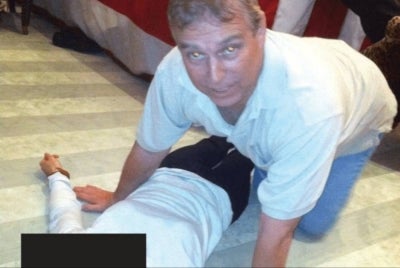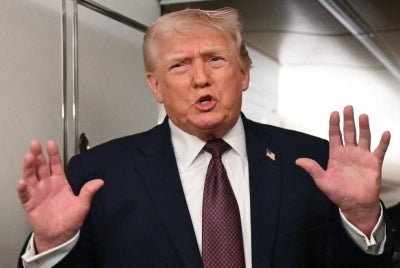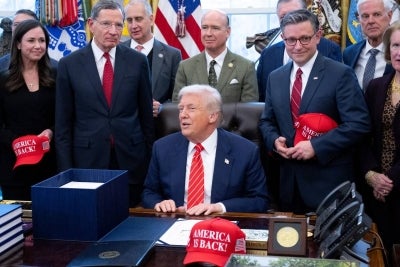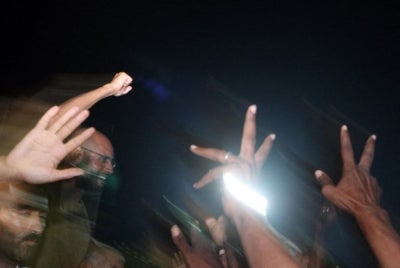UK recognises 'acts of genocide' against Yazidis by Islamic State
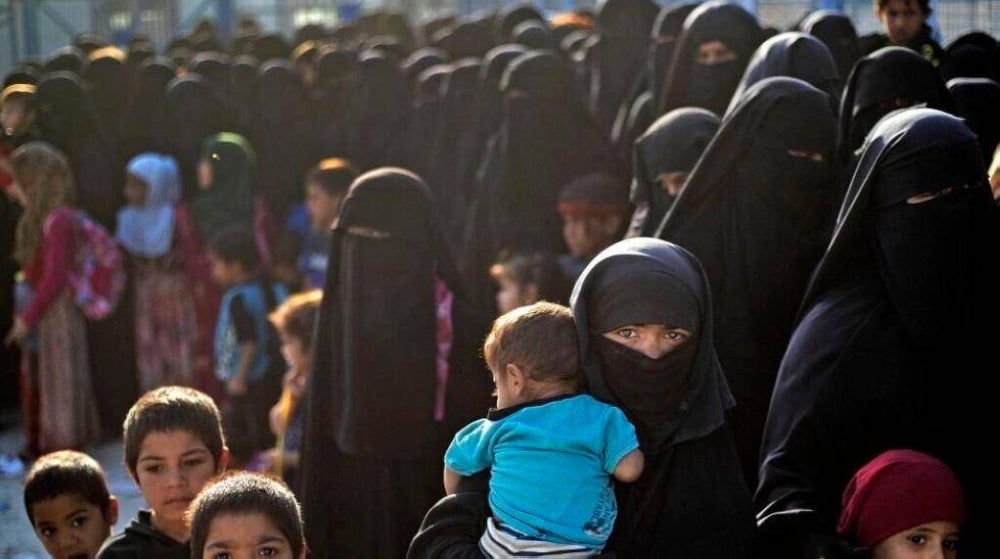
LONDON - The British government on Tuesday officially acknowledged that the Islamic State group committed "acts of genocide" against the Yazidi people in 2014.
The Yazidis -- whose pre-Islamic religion made them the target of IS extremists -- were subjected to massacres, forced marriages and sex slavery during the jihadists' 2014-15 rule in the northern Iraq province of Sinjar, the Yazidis' traditional home.
The UK foreign office made the announcement ahead of events to mark "the nine year anniversary of atrocities" committed by the Islamic State against the Kurdish-speaking Yazidi minority in Iraq.
"The UK has today formally acknowledged that acts of genocide were committed against the Yazidi people by Daesh in 2014," the statement said, using another name for IS.
So far, the UK has acknowledged only four other instances where genocide has occurred, the Holocaust, Rwanda, Srebrenica, and acts of genocide in Cambodia.
"The Yazidi population suffered immensely at the hands of Daesh nine years ago and the repercussions are still felt to this day," UK's Middle East minister Tariq Ahmad said in the statement.
"Justice and accountability are key for those whose lives have been devastated," he added.
Murad Ismael, co-founder of global Yazidi organisation Yazda, hailed the UK recognition as an "important step".
"Acknowledgement is the heart of justice process and helping victims to heal from the deep wounds of this genocide," he told AFP.
"I am pleased that the UK government has formally recognised the horrors suffered by the Yazidis as genocide", said Nadia Murad, a Yazidi Nobel Peace Prize Laureate campaigning against the use of sexual violence in war, particularly against the Yazidis.
"I hope that the British government will now begin to seek justice for the victims by holding British-born fighters to account," she added.
"The world cannot afford to let ISIS members walk free. It sends a message to the world that you can murder and rape with impunity."
German court ruling
The official UK recognition follows a German court judgement which found a former IS fighter guilty of acts of genocide in Iraq.
"The UK's position has always been that determinations of genocide should be made by competent courts," according to the statement.
In a landmark trial, a Frankfurt court in November 2021 sentenced Taha al-Jumailly to life in jail for crimes including the murder of a five-year-old Yazidi girl in Iraq.
Prosecutors said al-Jumailly in 2015 chained the enslaved child outdoors in extreme heat, leading to her dying of thirst.
Activists hailed the court ruling as a "historic" win.
The verdict was upheld after the German Federal Court of Justice this January rejected the defendant's appeal.
Germany is one of the few countries to have taken legal action against IS.
The UK's lower house of parliament, the House of Commons, had unanimously voted to condemn the IS's treatment of Yazidis and Christians in Iraq as amounting to genocide in 2016, in a rare instance of parliamentary determination of genocide.
The foreign ministry had refused to acknowledge the genocide then, in keeping with a long-standing policy on the determination of genocide by courts rather than governments.
Nearly six years since Iraq declared "victory" over IS, many Yazidis have still not been able to return to Sinjar.
Thousands still live in precarious conditions in camps for displaced people.
Those who have returned face an unstable security situation and inadequate or nonexistent public services. - AFP
Download Sinar Daily application.Click Here!

